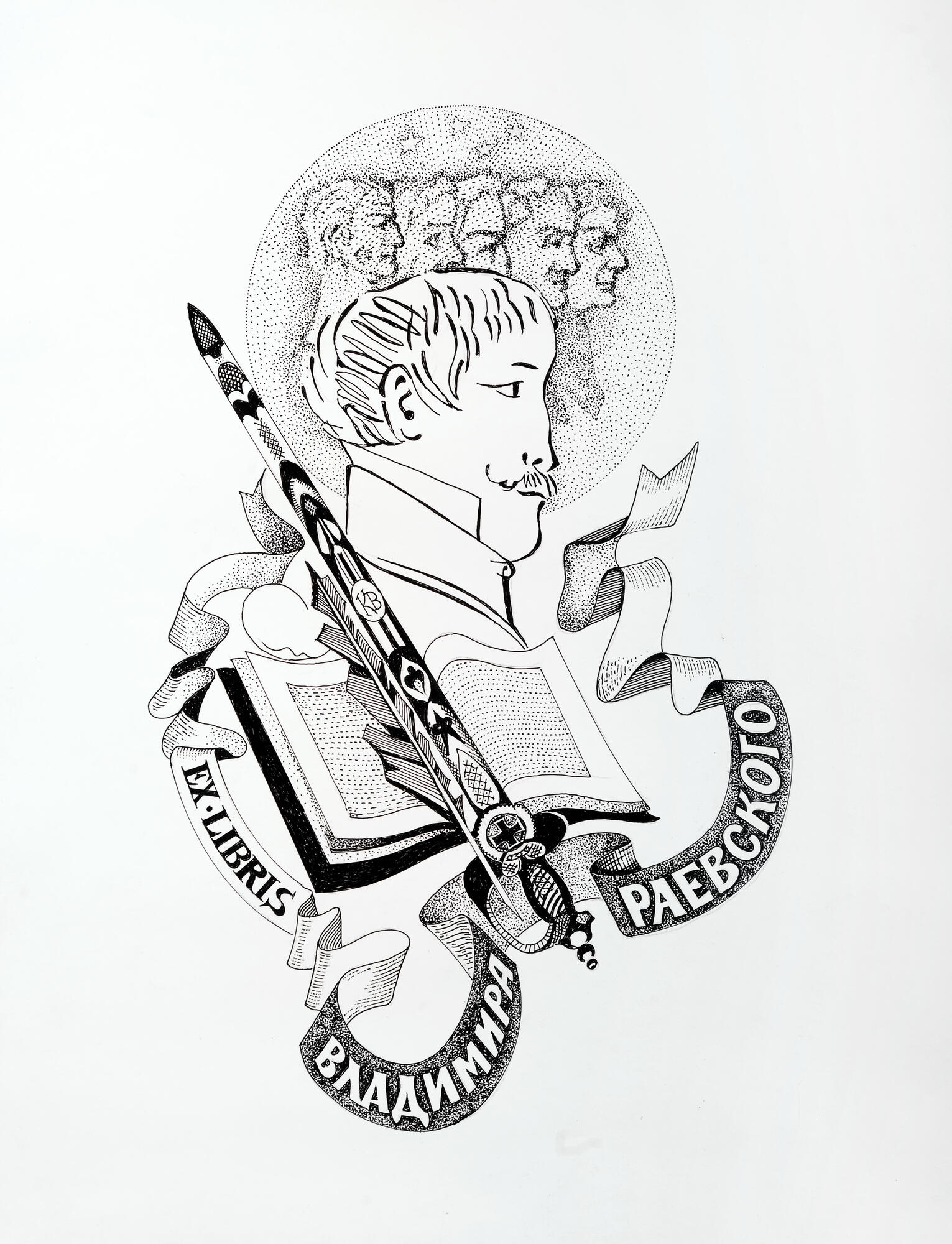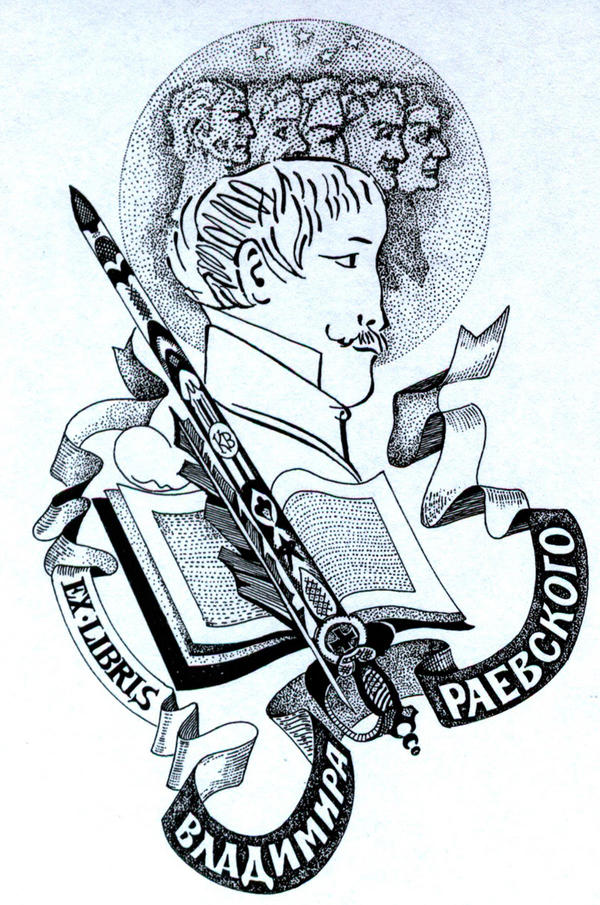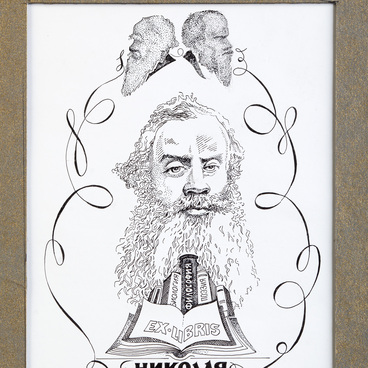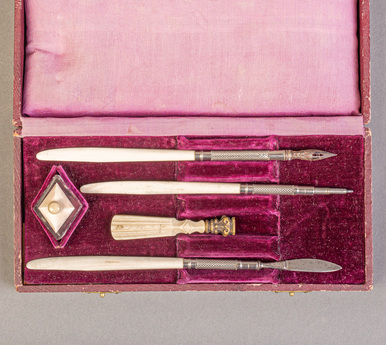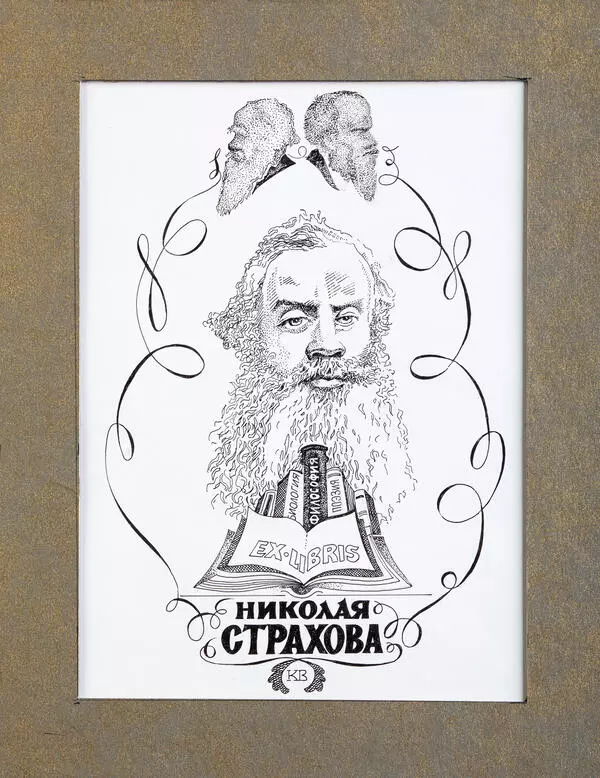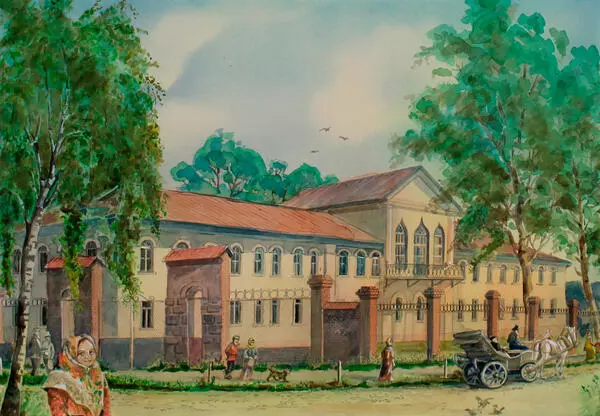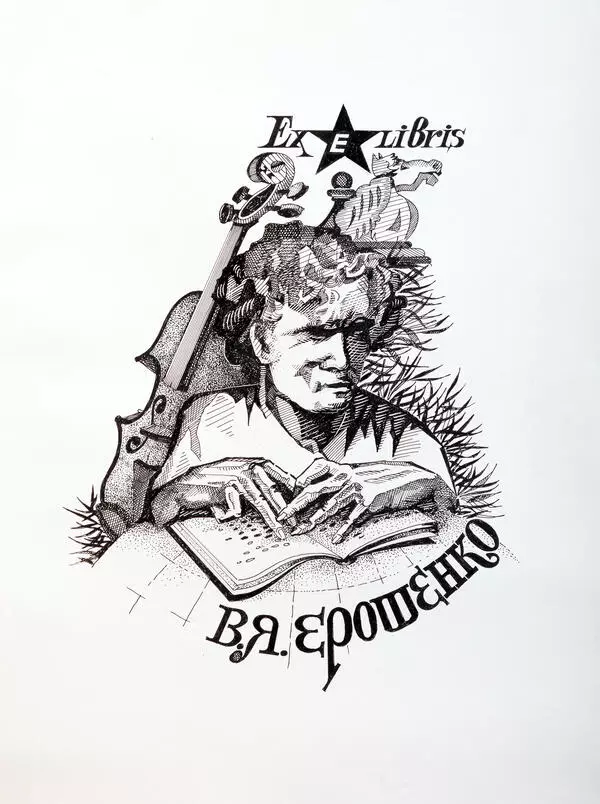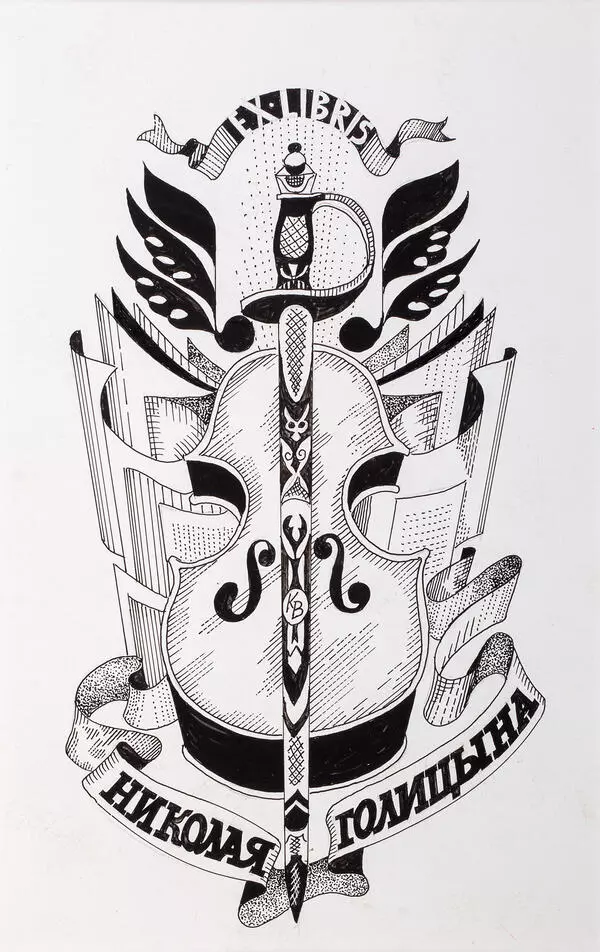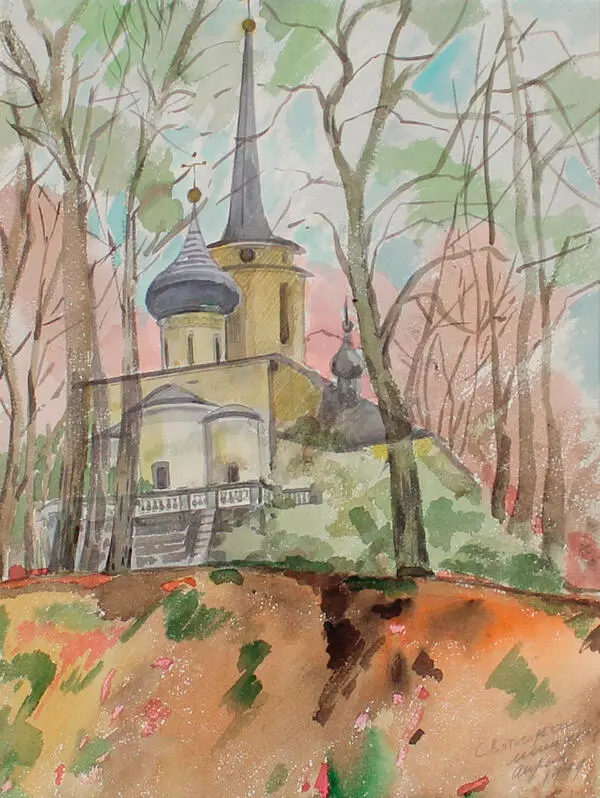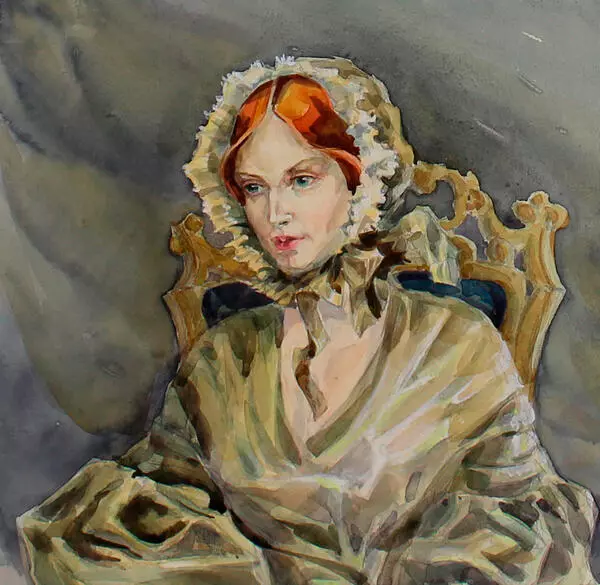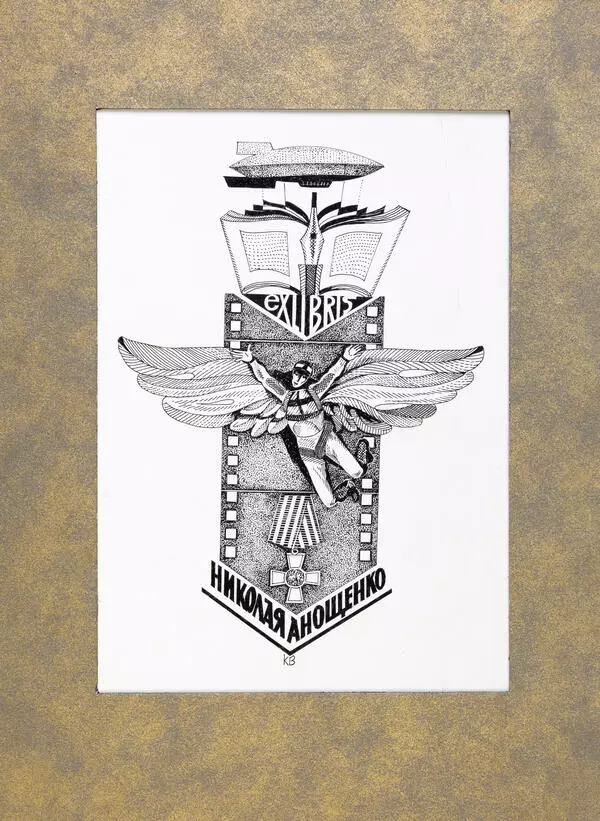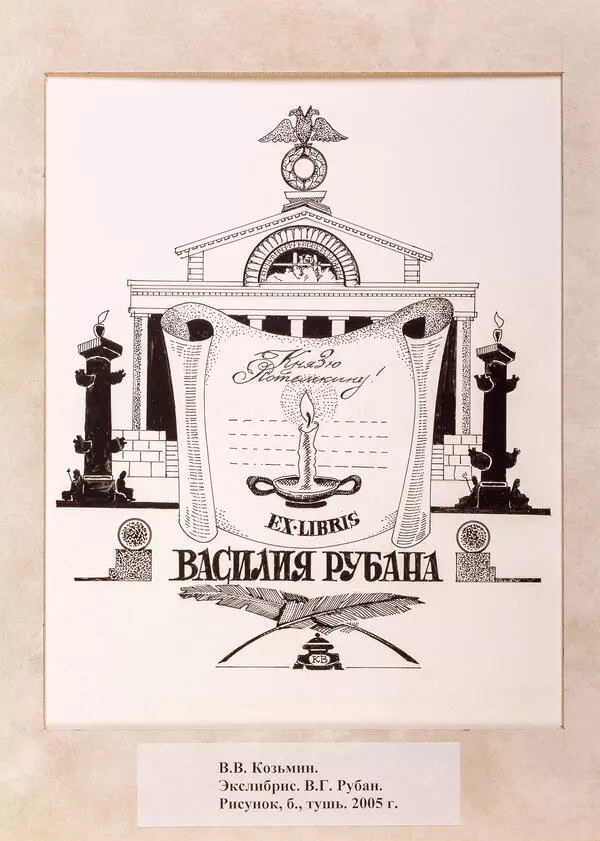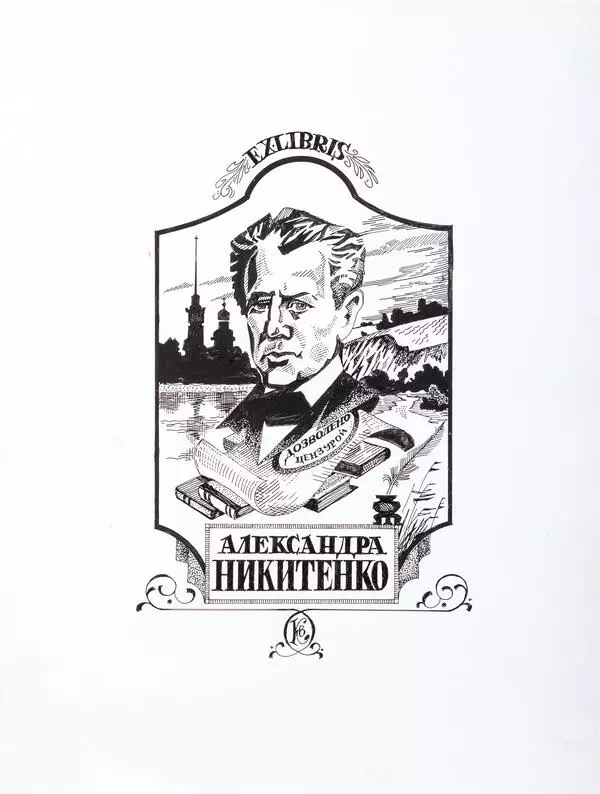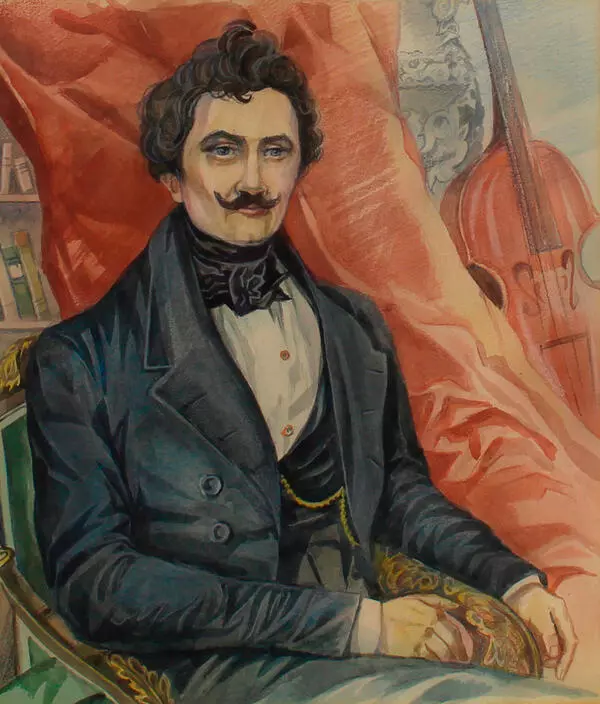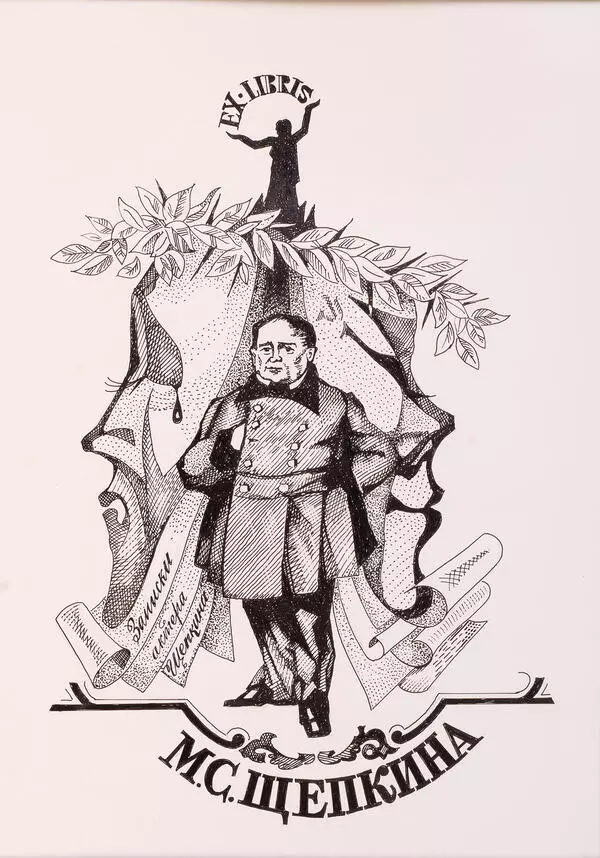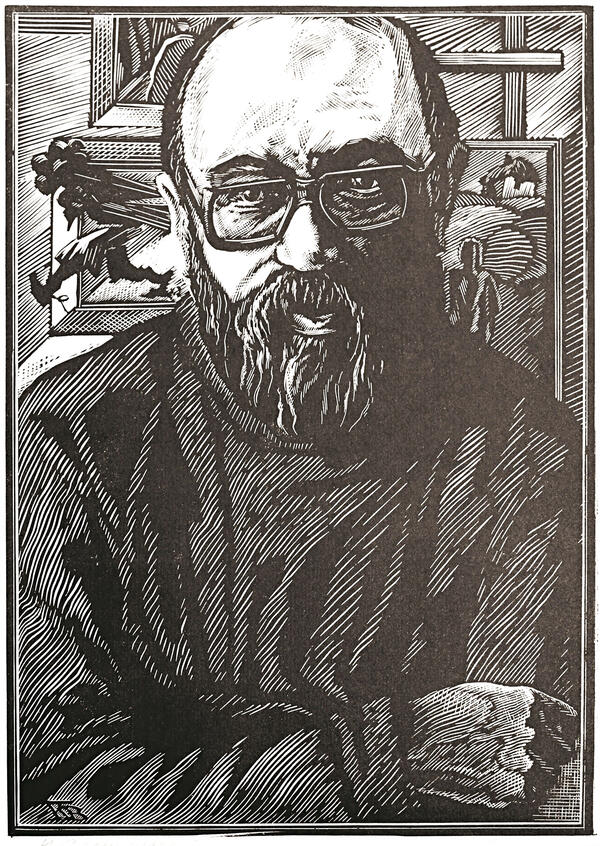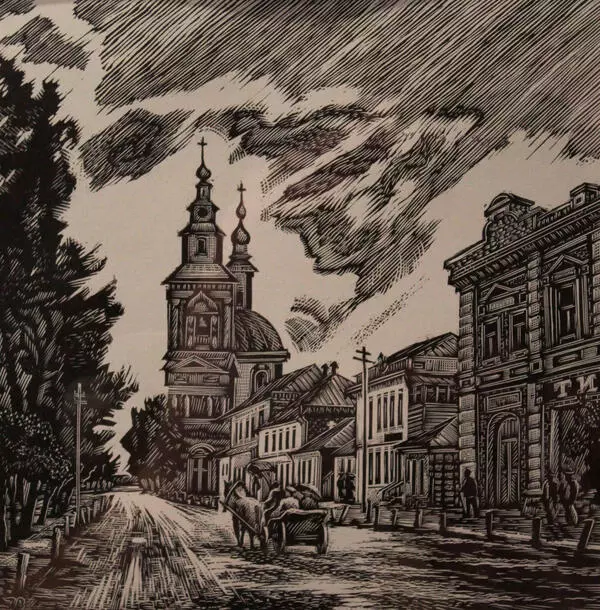Vladimir Fedoseyevich Rayevsky was born into a family of hereditary noblemen in the village of Khvorostyanki, Kursk Governorate. He graduated from the Moscow Noble Boarding School and the Saint Petersburg Second Cadet Corps. He is also recognized as the first Decembrist poet in Russia.
As early as his student years, he began to share revolutionary ideas, as did some of his classmates — the future Decembrists Nikolay Ivanovich Turgenev, Ivan Grigoryevich Burtsov, Nikolay Aleksandrovich Kryukov, and Gavriil Stepanovich Batenkov.
At the age of 17, Rayevsky participated in the war of 1812, and for the bravery shown in the Battle of Borodino he was awarded the golden sword inscribed “For Courage”. Then he created his patriotic work called “Song of the Warriors Before the Battle”.
While serving in Chișinău, Rayevsky became a member of the Union of Prosperity and then the Southern Society of Decembrists, headed by Pavel Ivanovich Pestel. While teaching courses in literature, geography and history at a divisional school, he was engaged in journalism and told his students about the Constitution, revolutionary events in France and Spain, and the ideas of freedom and equality. His texts “On soldiers” and “On serfdom” were in wide circulation among soldiers and officers.
The poet’s beliefs brought him together with Alexander Sergeyevich Pushkin and influenced the latter’s views. In 1822, despite the fact that, on Pushkin’s advice, all the incriminating papers were destroyed beforehand, Rayevsky was arrested as a revolutionary agitator, imprisoned in the Tiraspol fortress, and exiled to Siberia over five years later. His work during the period of imprisonment is characterized by revolutionary patriotic motifs (“The Singer in Prison” and “To Friends in Chișinău”). During his exile in the Irkutsk village of Olonki, he opened a school and began teaching there. This life made Rayevsky gravitate more toward philosophical lyrics (“Last Thought” and “Thoughts”). After receiving an amnesty, he did not return to Russia and decided to stay in Siberia which was “freer” in terms of serfdom.
This bookplate, created by Vladimir Vladimirovich Kozmin, is included in the series created for the exhibition of the Belgorod Literature Museum and the anthology “Literary Monuments of the Belgorod Region” that supplemented it.
As early as his student years, he began to share revolutionary ideas, as did some of his classmates — the future Decembrists Nikolay Ivanovich Turgenev, Ivan Grigoryevich Burtsov, Nikolay Aleksandrovich Kryukov, and Gavriil Stepanovich Batenkov.
At the age of 17, Rayevsky participated in the war of 1812, and for the bravery shown in the Battle of Borodino he was awarded the golden sword inscribed “For Courage”. Then he created his patriotic work called “Song of the Warriors Before the Battle”.
While serving in Chișinău, Rayevsky became a member of the Union of Prosperity and then the Southern Society of Decembrists, headed by Pavel Ivanovich Pestel. While teaching courses in literature, geography and history at a divisional school, he was engaged in journalism and told his students about the Constitution, revolutionary events in France and Spain, and the ideas of freedom and equality. His texts “On soldiers” and “On serfdom” were in wide circulation among soldiers and officers.
The poet’s beliefs brought him together with Alexander Sergeyevich Pushkin and influenced the latter’s views. In 1822, despite the fact that, on Pushkin’s advice, all the incriminating papers were destroyed beforehand, Rayevsky was arrested as a revolutionary agitator, imprisoned in the Tiraspol fortress, and exiled to Siberia over five years later. His work during the period of imprisonment is characterized by revolutionary patriotic motifs (“The Singer in Prison” and “To Friends in Chișinău”). During his exile in the Irkutsk village of Olonki, he opened a school and began teaching there. This life made Rayevsky gravitate more toward philosophical lyrics (“Last Thought” and “Thoughts”). After receiving an amnesty, he did not return to Russia and decided to stay in Siberia which was “freer” in terms of serfdom.
This bookplate, created by Vladimir Vladimirovich Kozmin, is included in the series created for the exhibition of the Belgorod Literature Museum and the anthology “Literary Monuments of the Belgorod Region” that supplemented it.
